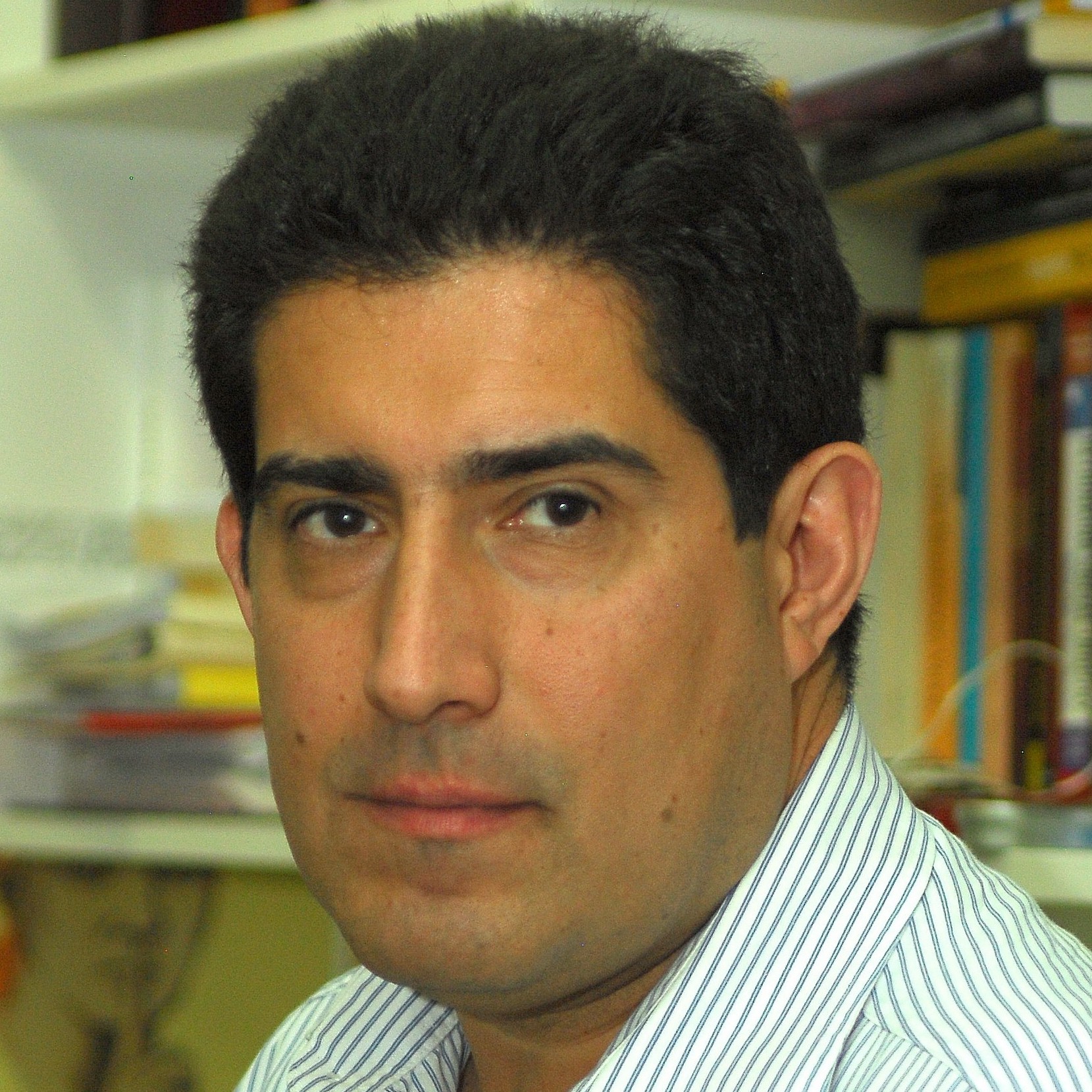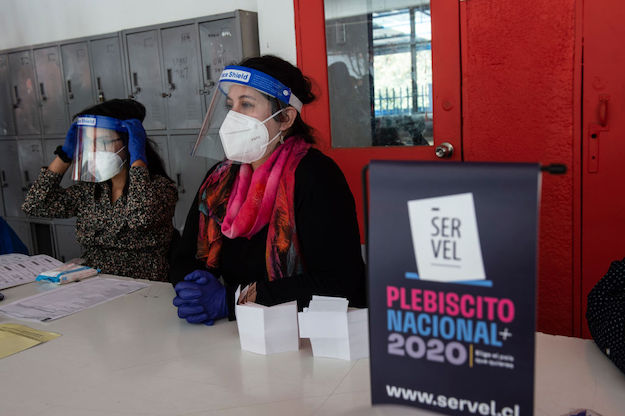AQ asked two prominent Chileans to analyze the upcoming referendum. Click here to read an article from María Jaraquemada.
Writing a new constitution is like going to the dentist. There’s never a good time to do it, but it’s occasionally unavoidable. For Chile, which on Oct. 25 will vote on whether to draft a new national charter even as the country tries to come out of a deep pandemic-induced recession, the moment looks particularly inopportune.
But if the “approve” vote wins, that’s exactly what Chile will spend the next two years trying to accomplish. Even more worrisome is the fact that the country will undertake this process amid an already heavily packed election calendar. The election overdose that Chile is about to experience will add unnecessary noise to the already high levels of uncertainty associated with a constitutional replacement process.
International experience and recent Chilean political campaigns give an idea of what to expect. For starters, primaries for regional governors and mayors in several parts of the country will be held on Nov. 29, about a month after the constitution referendum. The members of a constitutional convention itself would be elected in April 2021 and begin deliberations in late May 2021 – just as campaigning for a presidential election the following November gets underway. Since many members of the constitutional convention will undoubtedly have political affinities with presidential candidates, the promises the presidential hopefuls make are likely to find an echo chamber in the constitutional convention.
Then there’s the fact that new constitutions are usually longer than those they are written to replace. There is a high probability that the new Chilean constitution will act as a sponge, incorporating many of the issues that come up during the 2021 campaigns. Even worse, while the new president will take office in March 2022, the constitutional convention will only complete its work by mid-2022, undermining the mandate of the new president and the new legislature.
Originally scheduled for April 2020 – and delayed due to the pandemic – the plebiscite was born of massive street demonstrations that rocked Chile in October 2019. The protests pushed the right-wing government of Chile Vamos to agree to a national pact with a divided leftist opposition in order to end the violence and restore social peace. As a result, the process has been rushed.
Adopted under the military rule of former dictator Augusto Pinochet, the 1980 constitution has been modified repeatedly to eliminate authoritarian enclaves and reduce the power of the executive. However, its illegitimate origin lingers on. The left-wing opposition has transformed the constitution into a scapegoat for all the shortcomings of Chilean democracy. For many voters, a new constitution is a short-cut for better pensions, health care, education and social services. In short, a majority of Chileans confuse the bill of rights with the entirety of the constitution. There will be a significant increase in fiscal pressure as people expect the new document to result in immediate and significant improvements in pensions and other forms of government spending.
This combination of factors – political influence, unreasonable expectations, and a hurried rush to act — are a recipe for trouble. So too is President Sebastián Piñera’s political standing. Piñera’s approval ratings have been dismal since the social unrest erupted in October 2019. The pandemic gave him a small rally-round-the-flag boost, but the deficient government response to the pandemic (Chile has among the highest per capita positive cases in the world) quickly returned Piñera’s approval numbers to record lows. His weakness has emboldened the legislature to pass bills that, according to the current constitution, conflict with presidential prerogatives. But the government has not dared to challenge those pieces of legislation, such the temporary allowance for 10% withdrawals on private pension funds.
After the Oct. 25 plebiscite to approve or reject a new constitution, Piñera will likely sink deeper into a lame duck condition. The focus of attention will be on parties’ negotiations to nominate candidates for the April 2021 constitutional assembly and for 16 regional governor positions that same month. The perception that the current constitution is defunct will encourage legislators to pass additional reforms to create unfunded mandates and put pressure on fiscal spending. The discussion on the 2021 fiscal budget, which began earlier this week, will show the limited capacity the government has to impose its view on an unruly and empowered Congress. It will be difficult for the administration to resist pressure for additional fiscal spending in 2021.
If the fear of the pandemic recedes, social protests will pick up again as people will seize the opportunity to advance their own social and economic demands with the expectations that they will find a way into the new constitution. When the campaigns for the regional, mayoral and constitutional convention elections begin in late January 2021, the president will sink further into irrelevance.
The overall result is that the final document is likely to have an overwhelming number of unfunded mandates. Fears about the rules of the game – and the role of the state in the economy under the new constitution – will also likely negatively impact the post-pandemic economic recovery in the next two years.
But there might be a silver lining. In Chile, the large size of the middle class and the moderate electorate – as shown in the 2017 election where people voted for market-friendly Piñera – might surprise many by giving right-wing parties a large enough number of seats in the constitutional convention to block the most radical state-centered and market-unfriendly reforms championed by the far left. But, as always happens with an overdose, that will have consequences of its own.
—
Navia is a contributing columnist for Americas Quarterly, professor of liberal studies at NYU and professor of political science at Diego Portales University in Chile.







